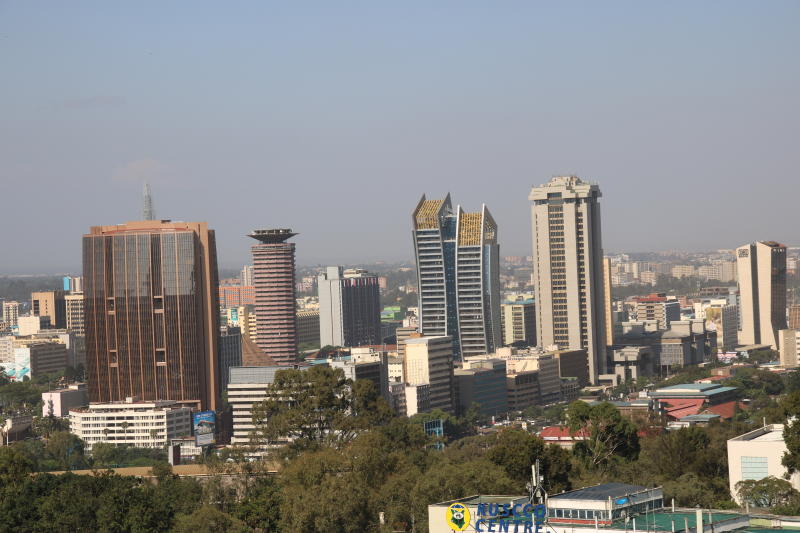×
The Standard e-Paper
Home To Bold Columnists

Iconic Nairobi city towering buildings parliament towers, KICC, Times Tower from Upper hill on 23rd November 2020. [David Gichuru, Standard]
The Covid-19 lockdowns have revealed the downsides of unplanned real estate development. In March this year, footfall traffic to sites declined as investors avoided crowded areas due to the government's social distancing directives, which meant real estate developers had to engineer new ways of showcasing their properties.